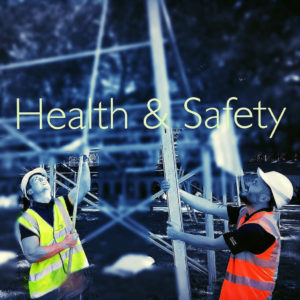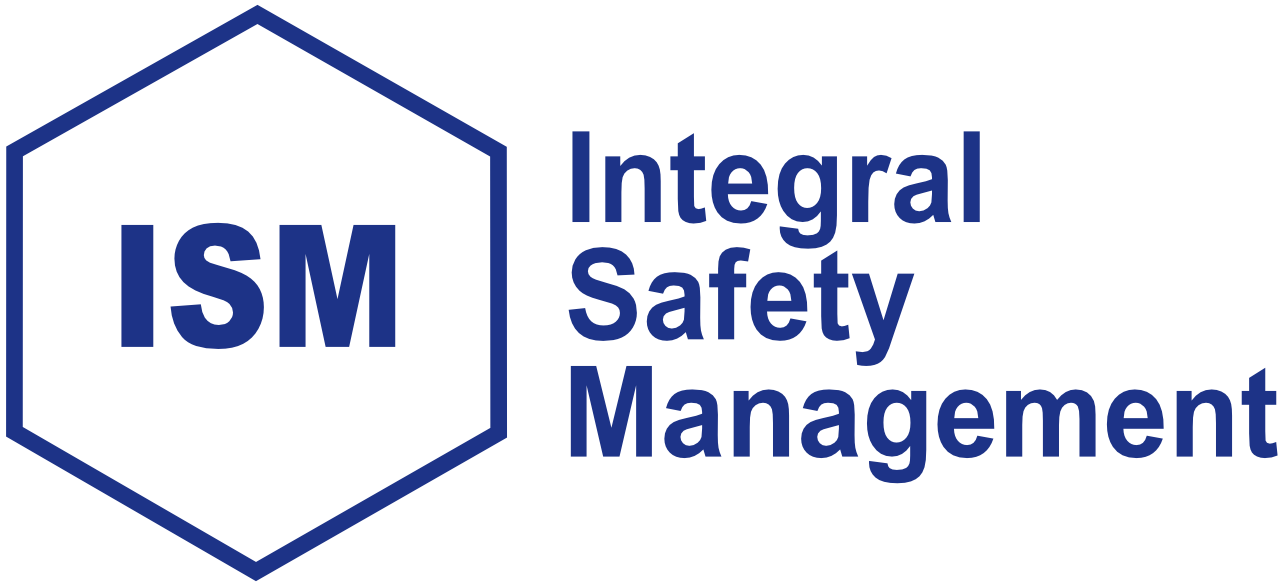What is the employer’s duty of care in the UK workplace?
Your extra responsibilities for employee wellbeing
While the responsibility for health and safety in your workplace falls on all shoulders – including your employees – as an employer you have a ‘duty of care’ toward you employees and visitors. This principle can be used to establish fault where firms are sued for workplace injuries, providing a basis in law for an employer’s responsibility for health and safety management.
In this article, you’ll learn what ‘duty of care’ means, and some of the major requirements with which you must comply to operate within the law.
What is ‘duty of care’?
The term ‘duty of care’ refers to the requirement for you to ensure that you have taken all reasonably possible steps to ensure the health, safety and wellbeing of your employees and visitors of your workplace.
While there are laws that dictate the steps to which you must go to protect your employees – for example, the Health and Safety at Work Act etc. 1974 – looking after your employees is also good business practice. A good health and safety record helps to build trust, increase morale, decrease absenteeism, and, ultimately, improve productivity.
How do you comply with your duty of care in the UK workplace?
To ensure that you comply with your duty of care, you must do all you can to ensure that your employees and visitors are protected from harm in the workplace. This boils down to controlling risks that could cause injury or ill health, including both physical and mental risks.
It is essential that you carry out risk assessments to address all workplace risks, and you should include your employees in the process of identifying, assessing, and mitigating risks. These risk assessments should provide the knowledge to:
- Takes steps to reduce or eliminate risks
- Put in place appropriate training and coaching on the risks and how to deal with them
Common duty of care requirements
In addition to carrying out risk assessments and consulting your employees about health and safety issues, there are several other common duty of care requirements, though some may not appear to be obvious. These include:
- Defining job roles and tasks clearly
- Providing appropriate training and performance feedback
- Not making employees work excessive hours
- Providing areas to escape the workplace and rest/relax
- Protecting employees from discrimination/bullying/harassment
- Providing ways for employees to raise concerns about health and safety
- Ensuring a safe workplace
 If you do not do all that is reasonably possible to keep your employees safe and healthy in the workplace, you will be deemed to have breached your duty of care. This can lead to civil prosecutions through the law courts, potentially resulting in large claims for compensations.
If you do not do all that is reasonably possible to keep your employees safe and healthy in the workplace, you will be deemed to have breached your duty of care. This can lead to civil prosecutions through the law courts, potentially resulting in large claims for compensations.
The consultancy services of Integral SM include Health and Safety Appraisals, Workplace Risk Assessments, Workplace Inspections and Audits, and Health and Safety Training. This in-depth, independent approach is preferred by many organisations. It shows that you are serious about health and safety and your duty of care, and is a good strategy to get your employees discussing health, safety and wellbeing openly and honestly.
Take the first step toward full compliance with your duty of care – contact Integral Safety Management today.








No Comments